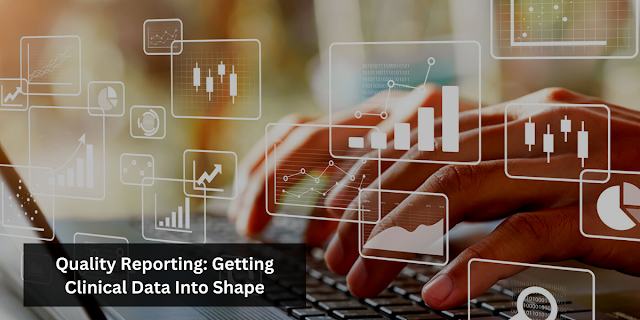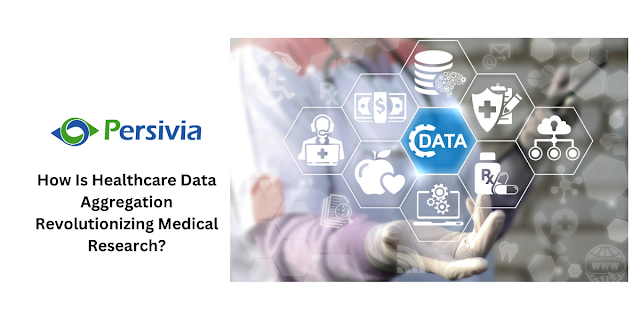Quality Reporting Getting Clinical Data Into Shape
Keeping track of clinical reporting is no easy feat. The fast-paced nature of running healthcare facilities makes it easy to overlook such clinical measures. Maintaining records of global happenings, accountability, and reporting all hospital, clinic, or private practice activities is crucial on all scales. The importance of Quality Reporting is incomparable.
The Quality Reporting System can assist the hospital management in correctly reporting procedures. Reliable reporting results help in proactive planning, development, and management analytics. It forging suitable Quality Reporting standards aids in retaining accountability. It also incorporates an evidence-based organizational framework for hospital facilities. Reporting is crucial for every level of hospital establishment. It provides a clear evidence-based overview of healthcare data. That improves the healthcare services at both hospital and national levels.
What is Quality
Reporting in Healthcare?
The reporting process
is data-driven, measuring the performance of specific functions within
healthcare institutions. Quality Reporting Program aims to maximize
efficiency, decrease errors, and upgrade metrics.
Potential Benefits of
Healthcare Quality Reporting
- Better-quality Management and Powerful Decision-making:
Without any debate,
the most significant advantage of reporting is refined facility management and
decision-making. It helps in gaining powerful insights from patient,
operational and financial areas. With actionable data, hospital managers can
make informed decisions to guarantee better medical performance and value-based
patient care.
- Preventative Strategy:
Harnessing the power of current and historical data can help highlight the destructive issues before they arise. It helps in improving mortality rates and enhancing care quality. Such preventative analytics in healthcare reporting play a pivotal role.
- Monitoring and Tracking of Diseases:
Insights and
predictive analysis in healthcare reports can help categorize and observe
potential large-scale diseases. Preventative measures are to be taken in view
the current and historical data. This will help in controlling and placing a
limit on serious situations.
- Clinically Therapeutic Practices
Administrative errors
and lack of efficient data cannot be in favor of the healthcare system. Quality
reporting and hospital analytics provide clinical, financial, and operational
data. The efficacy of this data is that it determines the efficiency of a wide
range of their processes. Apart from this, the data reporting also determines
the state of patients and the progress of their programs. These actionable
insights clearly show which methods aren’t leading to desired outcomes. It also
helps in improving various health programs.




Comments
Post a Comment